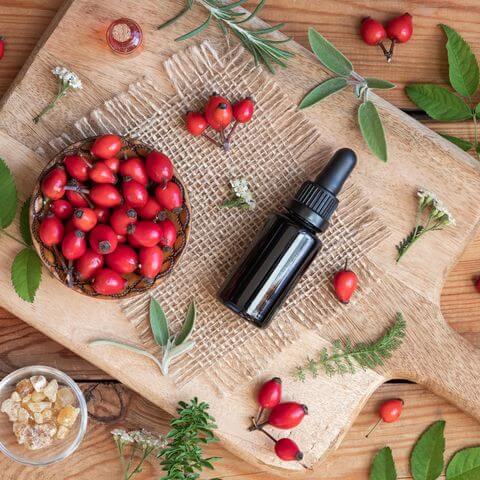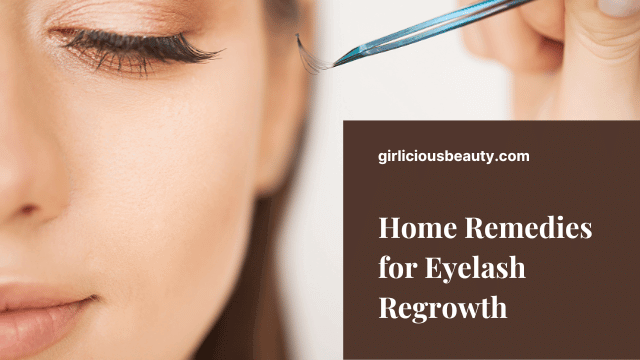Rosehip oil is a popular ingredient in natural skin care. This oil does not come from rose flowers, but is sourced from the wild rosehip fruit. Rosehip oil features a high ratio of linoleic and alpha-linoleic acid to oleic acid, making it less likely to clog pores. This oil is also a rich source of polyunsaturated fatty acids such as omega-3, omega-6 and omega-9 and Vitamins A, B complex, C, E and K. A high density of antioxidants is one reason why organic skin care works better. Learn more about the part rosehip oil plays in the best vegan face wash and as a moisturizer.
Brightens Skin
Rosehip oil contains Vitamin C, which can even skin tone and reduce the presence of hyperpigmentation or dark spots. The antioxidants that naturally occur in this oil repair oxidative damage and protect skin from further environmental stress. This oil also delivers doses of beta carotene and lycopene, both of which can prevent signs of photoaging such as the formation of dark spots or patches on skin. Rosehip oil also stimulates macrophages to improve the appearance of scarring and promote healing.
Increases Collagen Formation
Collagen is the protein responsible for skin elasticity and firmness. Vitamin A and Vitamin C in rosehip oil work together to inhibit production of MMP-1, an enzyme that breaks down this protein. When used topically over time, rosehip oil may maintain levels of collagen and elastin.
Soothes Inflammation
In addition to being a good source of anthocyanin and polyphenols, both of which reduce redness and irritation, rosehip oil also contains soothing Vitamin E. The antibacterial properties of rosehip make oil derived from this fruit an essential ingredient in the best oil for acne. Rosehip oil is also useful for treating symptoms of skin conditions such as dermatitis, eczema, psoriasis or rosacea. Regular application can calm existing irritation and prevent future outbreaks.
Provides Natural Exfoliation
Rosehip oil contains Vitamin A, which is a natural retinoid. Applying this oil to skin two times a day can be a gentler alternative to retinol treatment. Gently encouraging cell turnover may keep pores from becoming clogged and help to prevent acne. It is ideal to use rosehip oil or treatments that contain this oil twice daily. This skincare routine may be less likely to cause irritation than chemical or physical exfoliation.
Restores Barriers
The antioxidants and fatty acids found in rosehip oil strengthen skin cell membranes. In addition to making it easier to retain healthy moisture levels, stronger cell walls can also create barriers that make it more difficult for bacteria to multiply and cause breakouts or infections.
Rosehip oil is helpful for a wide range of skin types and conditions. Oil extracted from the whole fruit often includes oil from seeds, but some formulas may be made only from the fruit. Rosehip seed oil is only extracted from seeds. Check the ingredient list of the best vegan face wash or skin oil blends for this nourishing and restorative ingredient. Rosehip oil provides all of the benefits of this nutrient-rich fruit.






